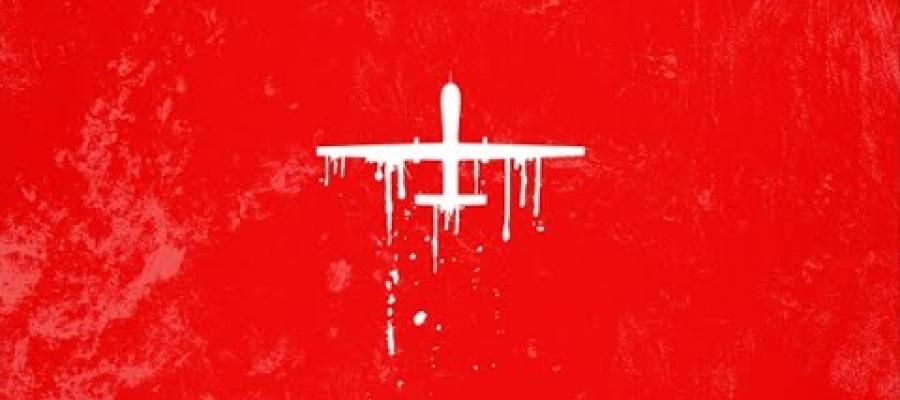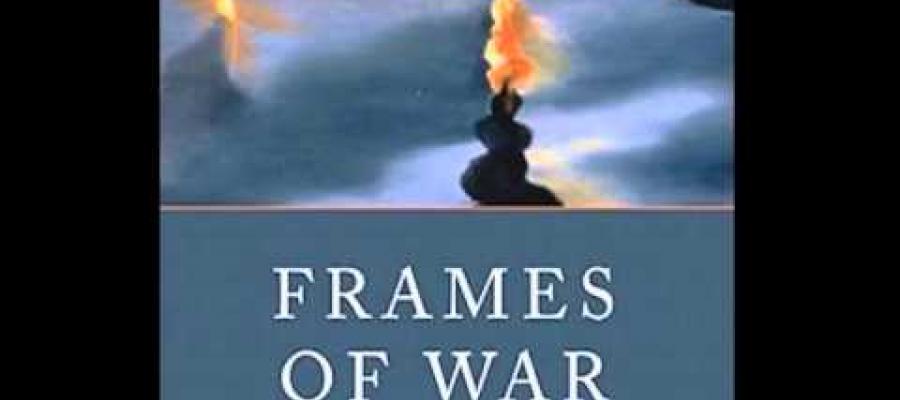
With the US exit from Afghanistan after almost 20 years, and the 20th anniversary of 9/11, it seemed like an appropriate time reflect philosophically on war and conflict in the 21st century. We have selected a number of episodes that address various moral and political questions about war and its justification. We think you'll find they are just as relevant today as they were when they first aired.
This month's listening begins with our first ever broadcast in January of 2004, an episode that questioned the doctrine of pre-emptive self-defense with George R. Lucas Jr. from the U.S. Naval Academy. The doctrine had been invoked by then-President George W. Bush as part of the justification for the U.S. invasion of Iraq the previous year.
Part of that justification involved, (in)famously, claims that the Iraqi regime was in possession of weapons of mass destruction. A decade later, with events in Syria bringing WMDs to the fore once again, John and Ken asked Stanford political scientist Scott Sagan about the moral differences (if any) between conventional weaponry and WMDs.
Another feature of U.S. military action since 9/11 has been the increased reliance on unmanned aerial vehicles, AKA drones. In 2015, John and Ken questioned whether drone warfare represented more sanitized and efficient form of war or a dystopian reign of uncaring technologies with Bradley Strawser from the Naval Postgraduate School.
Of course for most Americans, the wars in Iraq and Afghanistan mostly played out in the media as a one-sided narrative that often ignored the violence visited upon its victims. In 2009 John and Ken explored the limits of the media representations of war with renowned cultural critic Judith Butler, author of Frames of War: When Is Life Grievable?
Rounding out this month's listening is a 2011 episode in which John and Ken question how a relatively small, relatively inexpensive (as a fraction of the overall economy), and all-volunteer military fits into a modern democratic society with Puitzer Prize-winning historian David Kennedy.
Wars on Terror and Beyond
| Episode Title | Guest | Related Content | ||
|---|---|---|---|---|
 | The Bush Doctrine of Preemptive Self-Defense | George R. Lucas Jr., Professor of Ethics and Public Policy, United States Naval Academy | Ethics in War War Crimes Saint Augustine The Ethics of Torture | |
 | Weapons of Mass Destruction | Scott Sagan, Caroline S.G. Munro Professor of Political Science, Stanford University | Weapons of Mass Destruction | |
 | The Ethics of Drone Warfare | Bradley Strawser, Professor of Philosophy, Defense Analysis Department, Naval Postgraduate School | The Ethics of Drone Warfare | |
 | War, Sacrifice, and the Media | Judith Butler, Maxine Elliot Professor in the Departments of Rhetoric and Comparative Literature, UC Berkeley | War, Sacrifice, and the Media | |
 | The Military: What Is It Good For? | David Kennedy, Donald J. McLachlan Professor of History, Emeritus, Stanford University | The Military: What is it Good for? |
